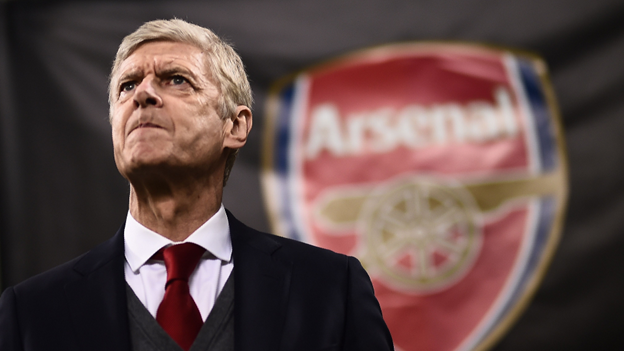Arsène Wenger’s tenure as Arsenal manager is one of the most transformative eras in English football, spanning from October 1996 to May 2018. Wenger’s influence extended beyond tactical innovation and player development; he redefined the identity of Arsenal Football Club and elevated the Premier League to global prominence. Over his 22 years at the helm, Wenger achieved a legacy that remains unparalleled in its scope and complexity.
When Wenger arrived from Japan’s Nagoya Grampus Eight, few in England had heard of the Frenchman. Dubbed “Arsène Who?” by sceptical headlines, Wenger quickly dispelled doubts through his meticulous approach to fitness, diet, and man management. His first full season, 1997-98, culminated in a domestic double, as Arsenal clinched both the Premier League title and the FA Cup. This success was built on a fusion of defensive steel from the George Graham era and attacking flair brought by Wenger’s signings, such as Marc Overmars and Emmanuel Petit.
Wenger’s eye for talent became a hallmark of his managerial style. He unearthed players who became legends, including Thierry Henry, Patrick Vieira, and Cesc Fàbregas, while pioneering a more cosmopolitan squad composition in an era when the Premier League was still largely insular. His ability to nurture young talent and instil a distinctive attacking philosophy earned Arsenal the moniker “The Invincibles” in the 2003-04 season, when they completed an entire league campaign unbeaten—a feat unmatched in modern English football.
However, Wenger’s era was not without challenges. His commitment to financial prudence, particularly during Arsenal’s transition to the Emirates Stadium, often placed the club at a competitive disadvantage. Unlike rivals fuelled by billionaire owners, Wenger operated within stringent budgets, relying on astute scouting and player development. This self-sustaining model secured Arsenal’s long-term stability but also drew criticism during a nine-year trophy drought that ended with the 2014 FA Cup victory.
Tactically, Wenger’s teams were defined by fluid attacking football and technical excellence. Yet, his reluctance to adapt defensively often proved costly, particularly in Europe. Despite reaching the 2006 UEFA Champions League final, Arsenal’s continental ambitions were repeatedly thwarted by more pragmatic opponents. Wenger’s later years were marked by a gradual decline, as the club struggled to compete with the financial muscle and tactical evolution of their domestic rivals.
Off the pitch, Wenger’s influence on English football was seismic. He revolutionised training methods, professionalised player lifestyles, and introduced a continental approach to management. His advocacy for data analysis and sports science predated their widespread adoption, solidifying his reputation as a visionary.
In popular culture, Wenger’s intellectual demeanour and principled stance on footballing ethics left a lasting impression. His tenure also intersected with wider societal trends, such as the rise of globalisation and online betting—an industry that proliferated during his time. Intriguingly, discussions about Arsenal’s fortunes often appeared alongside debates on topics as diverse as non Gamstop casinos and the impact of foreign ownership in football.
Wenger stepped down in 2018, leaving behind an indelible legacy. His influence extended far beyond Arsenal’s trophy cabinet, shaping the modern game in ways few could have imagined. Today, he is remembered not just as a manager, but as an architect of football’s transformation into a truly global sport.
